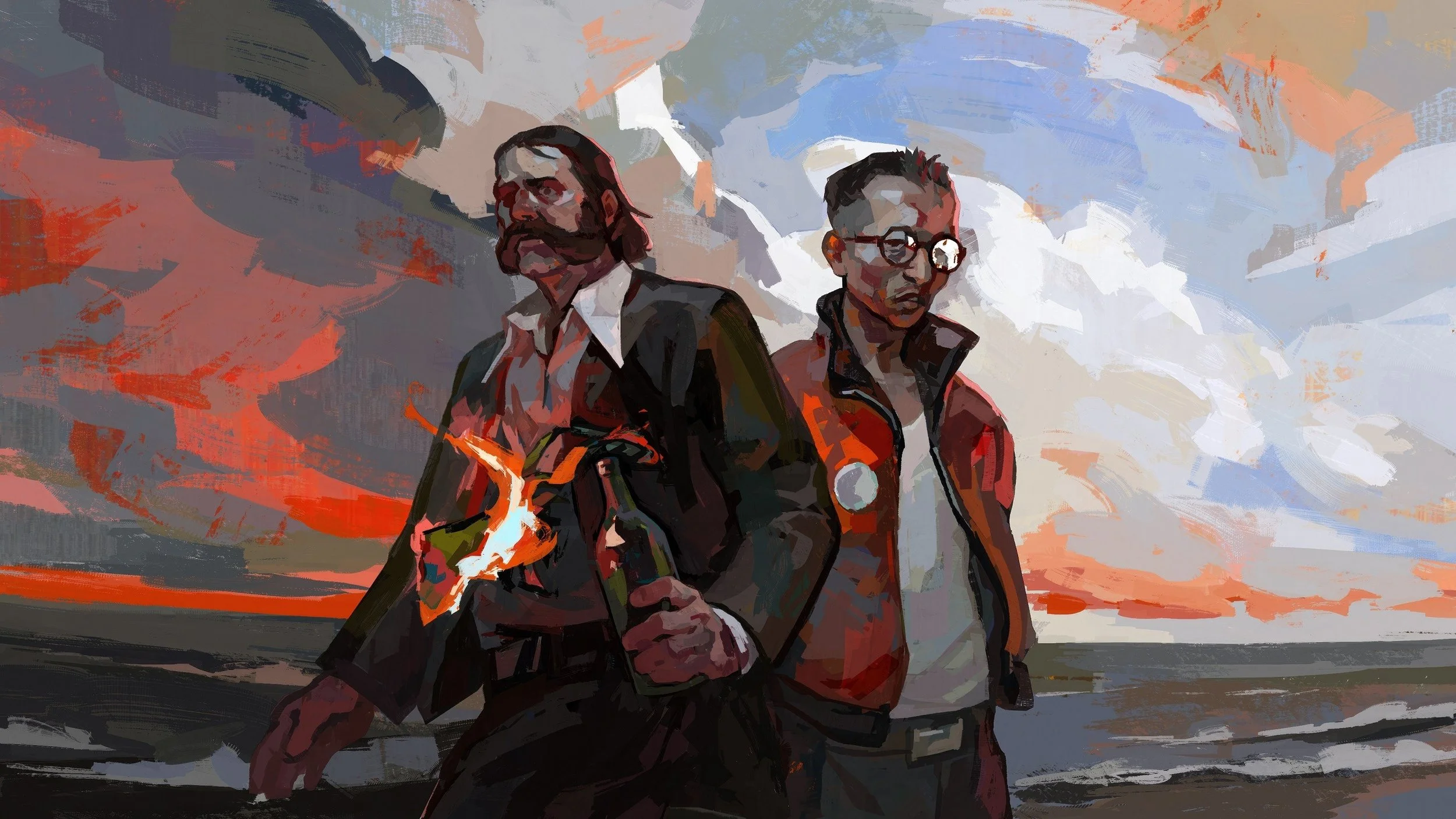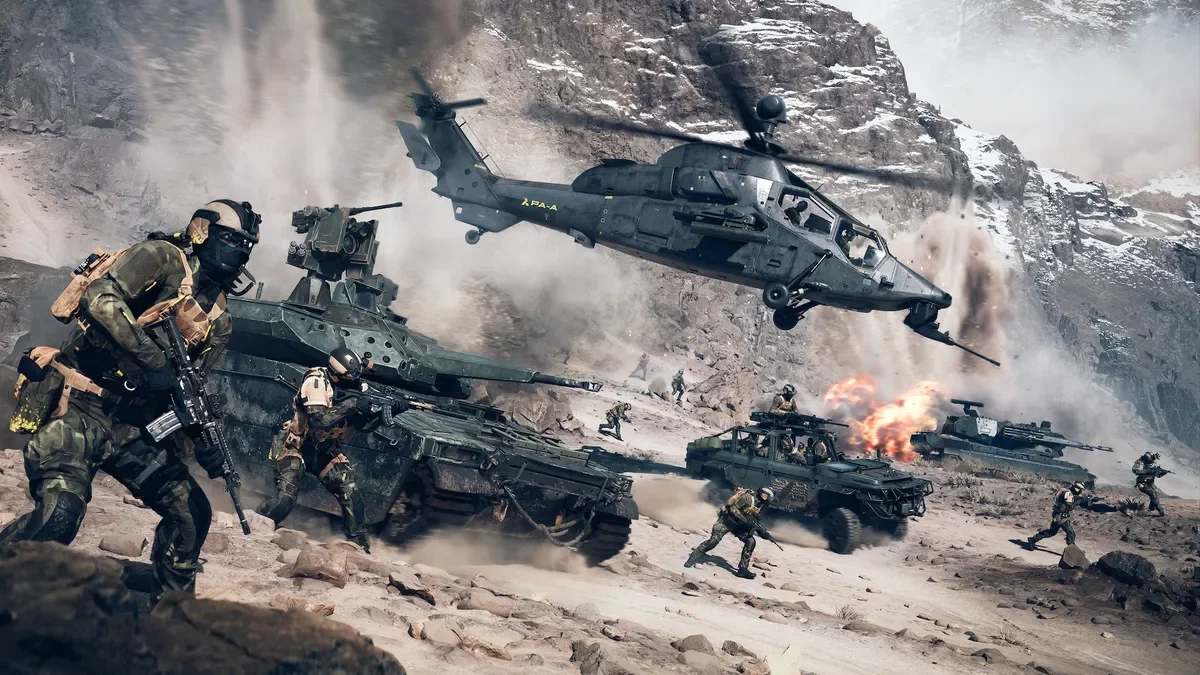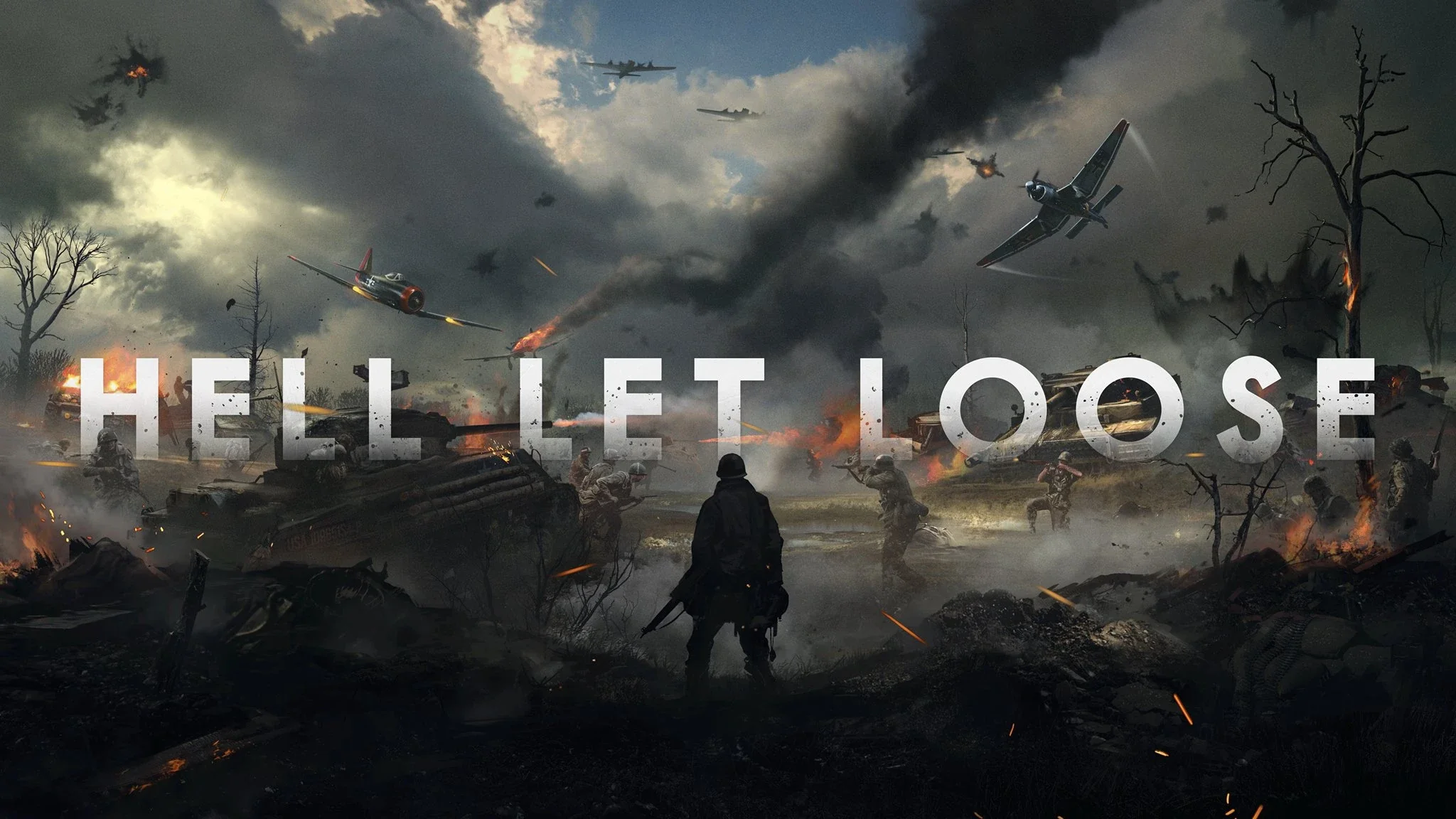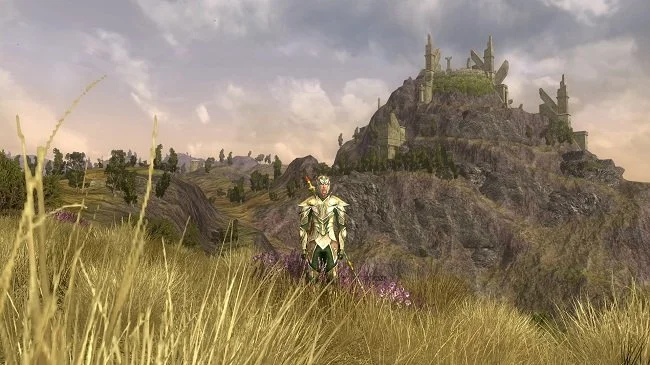Video Games and Lawyers
Some gamers tend to forget that the video games they play are primarily commercial products. They romanticise the video game industry per se, along with their own “relationship” with the developers. There is also a tendency to forget that they are “customers. Nothing bursts this delusionary bubble more efficiently than the involvement of lawyers. Lawyers tend to cut to the chase as time is money etc. Community Managers dissemble, marketing and PR companies hype and misdirect, but the moment lawyers are involved in any way, it means that something unequivocal is going to happen. Sadly, the involvement of the legal profession in a video games life cycle is often a bad sign. Something that became quite apparent this week, when developers Gun Media made an announcement about the future of Friday the 13th: The Game.
At present there is an ongoing dispute between the two co-creators of the original Friday the 13th film. Sean Cunningham produced and directed the movie, while Victor Miller wrote the sceenplay. Miller is attempting to gain control of the rights to the intellectual property under a provision of U.S. copyright law that allows writers to withdraw a grant of rights to their existing work. Such a step is key to claiming ownership to the content. However, Cunningham who currently holds all the IP rights has argued that Miller wrote the script on a “work-for-hire” basis and therefore has no claim on the IP. There is a lot of scrutiny on this case as it’s outcome may well set an industry precedent with far reaching implications. In the meantime, the ongoing litigation means that Gun Media have to cease any further development on their game.
Sadly, this means that a sizeable amount of new content that was scheduled to be added to Friday the 13th: The Game, now goes on indefinite hold. Gun Media cannot commit resources to the creation of material that they ultimately may not be able to use. Nor can they afford to just tread water. Thus, staff will now have to focus on work for other titles for practical business reasons. The downside of this means that even if the legal obstacles are removed at a later date, the company may not be in a position to resume development of the game. In a nutshell, the lawyers have indirectly stopped the development of Friday the 13th: The Game dead in its tracks and the game as it is now, is pretty much how it will remain. It’s a shame because if the developers had continued to refine this game and address its co-op failings then it could have been much more and met its potential.
Such is the nature of legal entanglements. Unlike other disputes these have a habit of being sudden and definitive. The moment a game such as an MMO reaches the end date of its licensing agreement then it closes. It’s not subject to any sort of argument or negotiation. If a renewal hasn’t been agreed then that game is over and done with, as with Warhammer Online. Similarly, Disney recently decided to “end” its business relationship with developers Gazillion Entertainment and as a result the guillotine fell on Marvel Heroes very promptly. All of which goes to show that gaming is a business and as such, is subject to all the usual risks and caprices of the “free market”. I’m not advocating that gamers should live in fear or trepidation regarding the future of their favourite title, but it is wise to reflect upon the fact that a lifetime account refers to the life of the game and not the owner. Games likes other forms of entertainment, are ultimately are ephemeral.




























